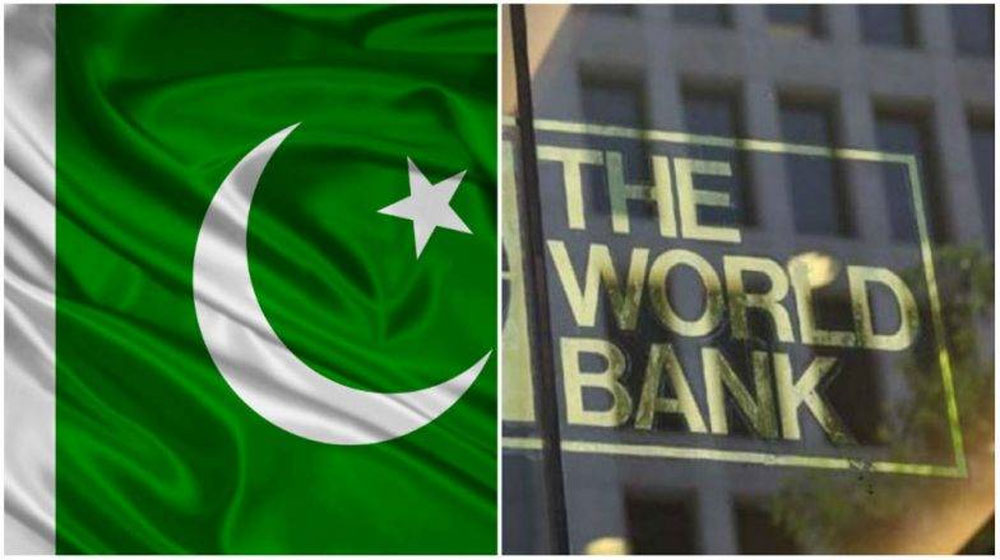Islamabad, Dec 2: The World Bank (WB) has rated the overall implementation progress of the $213 million “Integrated Flood Resilience and Adaptation Project” (IFRAP) as moderately unsatisfactory. Signed on July 3, 2023, the project aims to revive and enhance the livelihoods of communities affected by the 2022 floods and to strengthen resilience against future extreme flooding events. The project’s current closing date is set for December 31, 2028.
Despite significant preparatory steps, including appointing the Project Director and filling key positions in the Federal Project Management Unit (FPMU), progress has been hindered by procedural delays. The project’s physical progress remains slow, impacting the timely delivery of intended outcomes.
The IFRAP comprises six main components aimed at rehabilitating infrastructure, strengthening meteorological services, and supporting livelihoods and housing reconstruction. Key components include:
- Community Infrastructure Rehabilitation: Focused on rehabilitating flood-damaged infrastructure such as irrigation, roads, water supply, and community facilities in flood-affected Balochistan.
- Hydromet and Climate Services: Strengthening the Pakistan Meteorological Department’s ability to provide hydrological and meteorological data for decision-making.
- Resilient Housing Reconstruction: Providing grants for resilient housing reconstruction and offering institutional support for reconstruction efforts.
- Livelihood Support and Watershed Management: Supporting smallholder farmers and agribusinesses to enhance agricultural and livestock-based livelihoods, alongside watershed restoration initiatives.
- Project Management and Institutional Strengthening: Offering support for project management, technical assistance, and institutional capacity building.
- Contingent Emergency Response: Enabling rapid response to eligible crises or emergencies.
Despite early organizational progress, the project has yet to overcome the procedural hurdles hindering its physical implementation, prompting the WB’s cautious evaluation of its current status.









